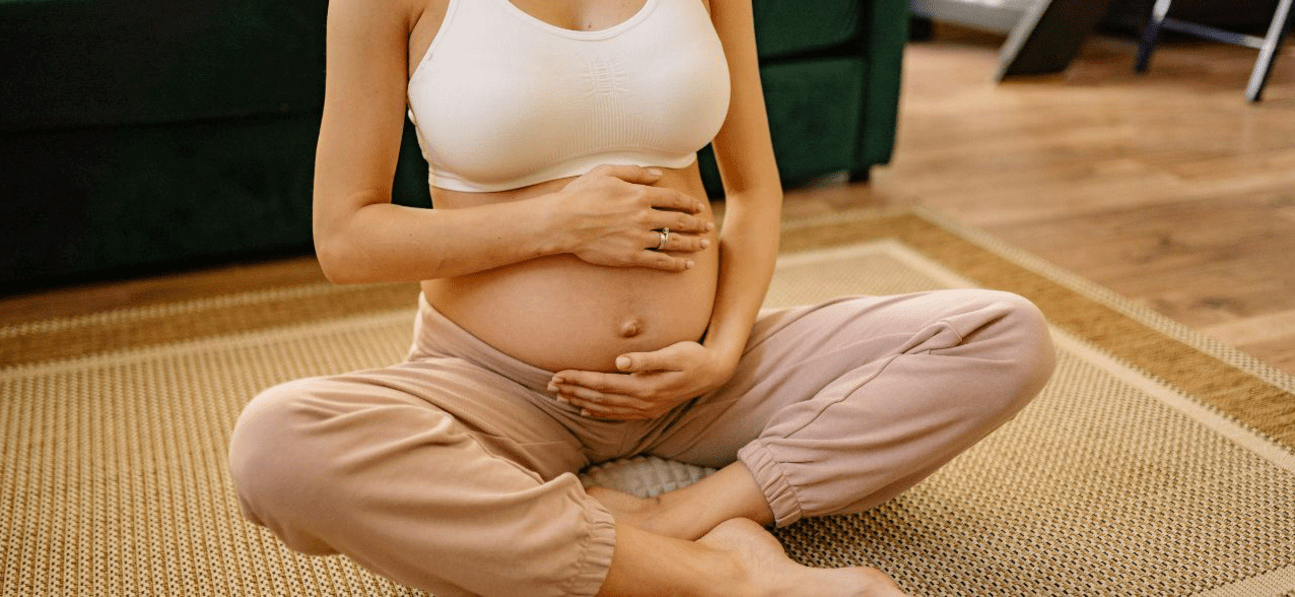Supporting Your Health Journey During Pregnancy and Beyond
At Best Physiotherapy, we offer strengthening care during the vital phases of pregnancy and the postnatal period. These periods often entail a wide range of concerns, such as discomfort in the lower back, hips, groin, and hands, as well as issues related to the pelvic floor, including incontinence and prolapse. Our approach focuses on personalized care, recognizing the unique needs of each individual. We do not offer Women’s Health specialist Physiotherapy.
Common body changes during pregnancy
Pregnancy triggers a series of changes in the body. As the baby grows, hormonal shifts, shifts in posture, and changes in balance are common. Approximately 50% of women experience low back pain during pregnancy. As the baby's weight increases, it exerts added pressure on the pelvic floor, necessitating the strength of these muscles for support. Consequently, up to 67% of women may experience urine leakage (incontinence) during pregnancy. However, those with stronger pelvic floor muscles are less likely to encounter this issue during pregnancy and after childbirth.
In the third trimester, between 66% to 100% of women may notice a widening of their abdominal muscles, creating a gap down the center of their abdomen. This normal occurrence allows room for the growing baby and usually resolves within eight weeks after birth.
Effectiveness of physiotherapy for pre and post-childbirth recovery
Research has demonstrated the effectiveness of supervised, intensive pelvic floor muscle exercise programs during pregnancy. These programs have been shown to reduce the likelihood of urine leakage by 56% during pregnancy and by 30% up to six months after childbirth. Additionally, for women who have given birth, incontinence issues can extend to fecal incontinence. Engaging in pelvic floor exercises reduces the likelihood of reporting these concerns by half.
Women's health
Women's health is a diverse field that encompasses a broad range of conditions that can affect women at various stages of life. These conditions include incontinence, pelvic pain, pregnancy-related issues, and conditions associated with early parenthood.
When to seek physiotherapy or other medical attention
Physiotherapists who specialize in women's health can tailor exercise programs to address various concerns, including bone health during or after menopause, exercises specific to pregnancy and postnatal care, pelvic floor muscle down training, relaxation and stretching exercises, and individualized exercise programs for individuals undergoing cancer treatment.
In cases of pelvic floor muscle overactivity and chronic pelvic pain, a comprehensive assessment and diagnosis are essential. Women's health physiotherapists are highly skilled in this regard, often performing a vaginal examination (with consent) to locate the source of pain through palpation. Accurate diagnosis allows for collaboration with healthcare professionals, such as GPs, psychologists, gynecologists, or sexual health physicians, to provide the most effective care.
How physiotherapy can help women’s health conditions
Physiotherapy treatment for women's health conditions may include pelvic floor muscle down training, relaxation and mindfulness training, stretching exercises, general exercise advice, and a pelvic floor exercise program to restore normal coordination, endurance, and strength to the muscles.
During pregnancy and early motherhood, women undergo significant physical and emotional changes. Women's health physiotherapists assess, diagnose, and treat various conditions often associated with pregnancy, including musculoskeletal issues like pelvic girdle, low back, rib pain, and carpal tunnel syndrome. They also provide guidance on optimal positioning for breastfeeding and baby holding and can assist in managing conditions like mastitis alongside medical doctors.
Incontinence and prolapse are common concerns shortly after childbirth, making a safe return to exercise vital for the pelvic floor's optimal function. The Pelvic Floor First guidelines offer valuable recommendations for safe postnatal exercise.
At Best Physiotherapy, we are here to support women throughout their journey, from pregnancy to early motherhood and beyond. We do not offer women health specific Physiotherapy care, however are happy to on-refer if required. Our team is dedicated to ensuring your well-being and providing the care you need.


